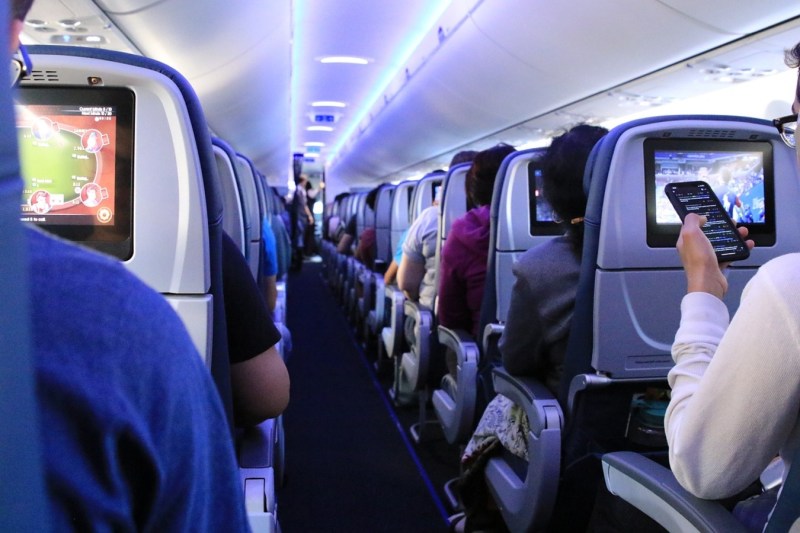Airplanes, trains, and buses cram tons of people into tight spaces with recirculated air, and that’s just the beginning. Toss in jet lag, disrupted sleep, travel stress, and exposure to unfamiliar environments, and you’ve got the perfect recipe for catching a bug just when you’re supposed to be relaxing.
With summer travel season in full swing, millions of people are packing their bags and hitting the road (or the skies) for long-awaited getaways in some of the world’s best destinations. Personally, I almost always get sick after flying. Like clockwork, I come home with a sore throat, stuffy nose, or worse. So what can we actually do to avoid getting sick while traveling?
I turned to Dr. Steve Burgess, CEO and Founder of CME Vacations, for answers. And he shared a simple, effective strategy that he swears by.
“Travel creates a perfect storm of immune challenges,” Dr. Burgess explains. “You’re exposed to more pathogens than usual, while simultaneously experiencing conditions that compromise your immune system’s ability to fight them off.”
So what’s his go-to tip for staying healthy on the go? It may be simpler than you think.
The immune timing trick

Dr. Burgess’s genius method is surprisingly simple: take zinc and Vitamin C supplements about 1 to 2 hours before you board your flight, or before you step into any crowded travel spot like busy terminals or packed trains.
“The timing is what makes this approach so effective,” Dr. Burgess explains. “Most people either take supplements on a regular schedule regardless of exposure, or they wait until they’re already feeling sick. Both approaches miss the critical window when protection is most needed.”
By taking zinc and Vitamin C shortly before entering high-exposure environments, you’re giving your immune system a targeted boost right when it needs it most, helping it fend off those germs before they get the upper hand.
Why the method works
Zinc helps stop viruses from multiplying and settling in your respiratory tract, while Vitamin C supports key cellular functions that keep your immune system strong.
“Think of it like putting up your umbrella right before walking into the rain, rather than waiting until you’re already soaked,” says Dr. Burgess. “These supplements temporarily enhance certain immune functions, but that enhancement only lasts for a few hours.”
Research shows that zinc can reduce the duration and severity of cold symptoms when taken within 24 hours of feeling sick. By taking it preventatively, before you’re even exposed, you’re giving your body a head start to fight off germs before they can take hold.
How to implement this method
For the best results, Dr. Burgess recommends a few simple tips:
- Use lozenges instead of pills when you can. Zinc lozenges let the mineral directly contact your throat and respiratory tract, the spots where many infections start.
- Stay hydrated. Drinking plenty of water helps the supplements work better and also fights the drying effects of air travel.
- Repeat before each high-exposure situation. If you’re on a long trip with connections, take another dose before each new flight, train, or crowded travel moment.
“The beauty of this method is its simplicity,” says Dr. Burgess. “It doesn’t require expensive supplements or complicated regimens. Just common, affordable supplements taken at precisely the right time.”




